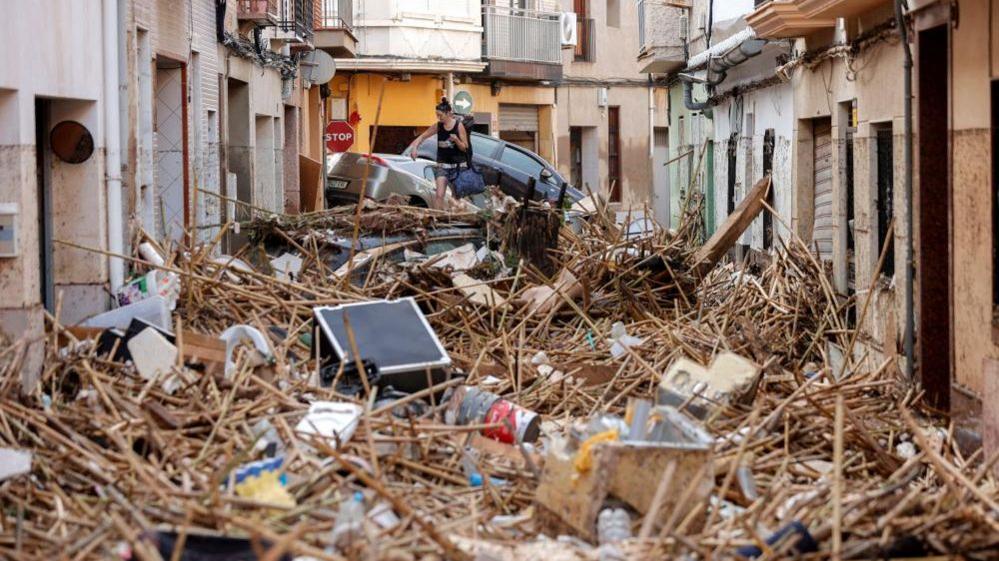Outpouring of unity in Spain as anger grows over slow response to floods
''This is my city, I have to help'' - Veronica Briz, volunteer helper in Valencia
- Published
Amidst the shock and trauma in Valencia, the outpouring of solidarity is growing by the day.
At a museum building in the city centre, vast numbers of volunteers were queuing up to receive supplies – buckets, mops, food and water - before boarding buses to the areas worst hit by the catastrophic floods which overwhelmed the region earlier this week, killing more than 200 people with many still missing.
The organisers believe 15,000 people showed up this morning alone for the first coordinated clean-up, filling what many feel is a vacuum left by the authorities.
Sixteen-year-old Pedro Francisco had been waiting in line with his parents for four hours, desperate to help.
He says his friend’s grandfather died in the floods but so far she has been unable to retrieve the body.
“We have to do whatever we can”, Pedro says. “It’s just terrible to see what has happened.”
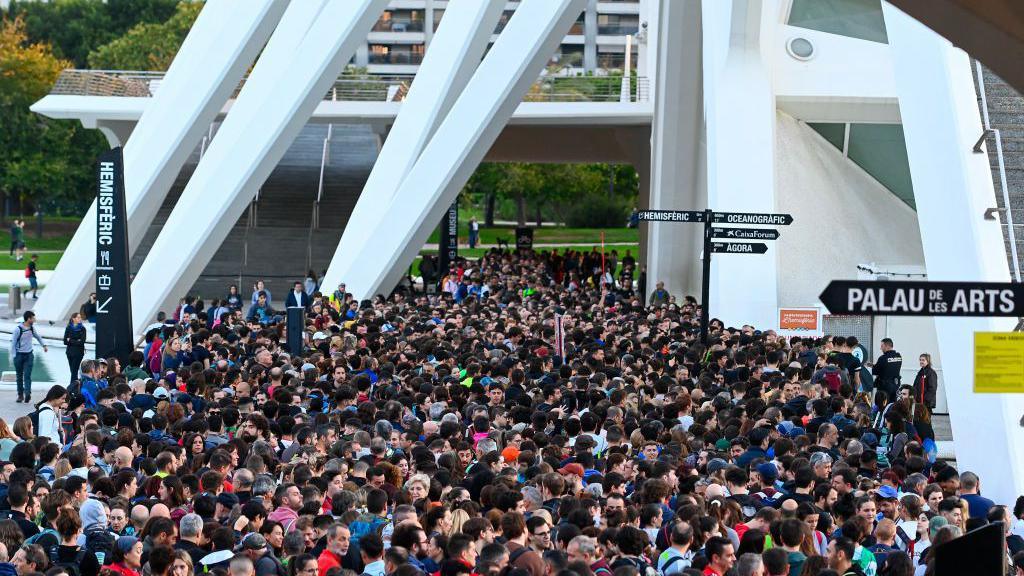
Volunteers gathered in vast numbers at the City of Arts and Sciences centre
Also queuing was Oscar Martinez and his wife and son.
“I feel anger”, he says. “This was an avoidable tragedy. All the regional government needed to do was to give us the flood warnings in advance.”
Anger is a reoccurring theme in Valencia and the surrounding area where most of the 211 fatalities took place - with the toll expected to rise further.
Heavy rains began on Monday causing massive flooding in the region, destroying bridges, cutting off communities and leaving them without water, food or electricity.
Thousands of security and emergency services are frantically clearing debris and mud in the search for the dead, taken by what the Spanish government call the second deadliest flood in Europe.
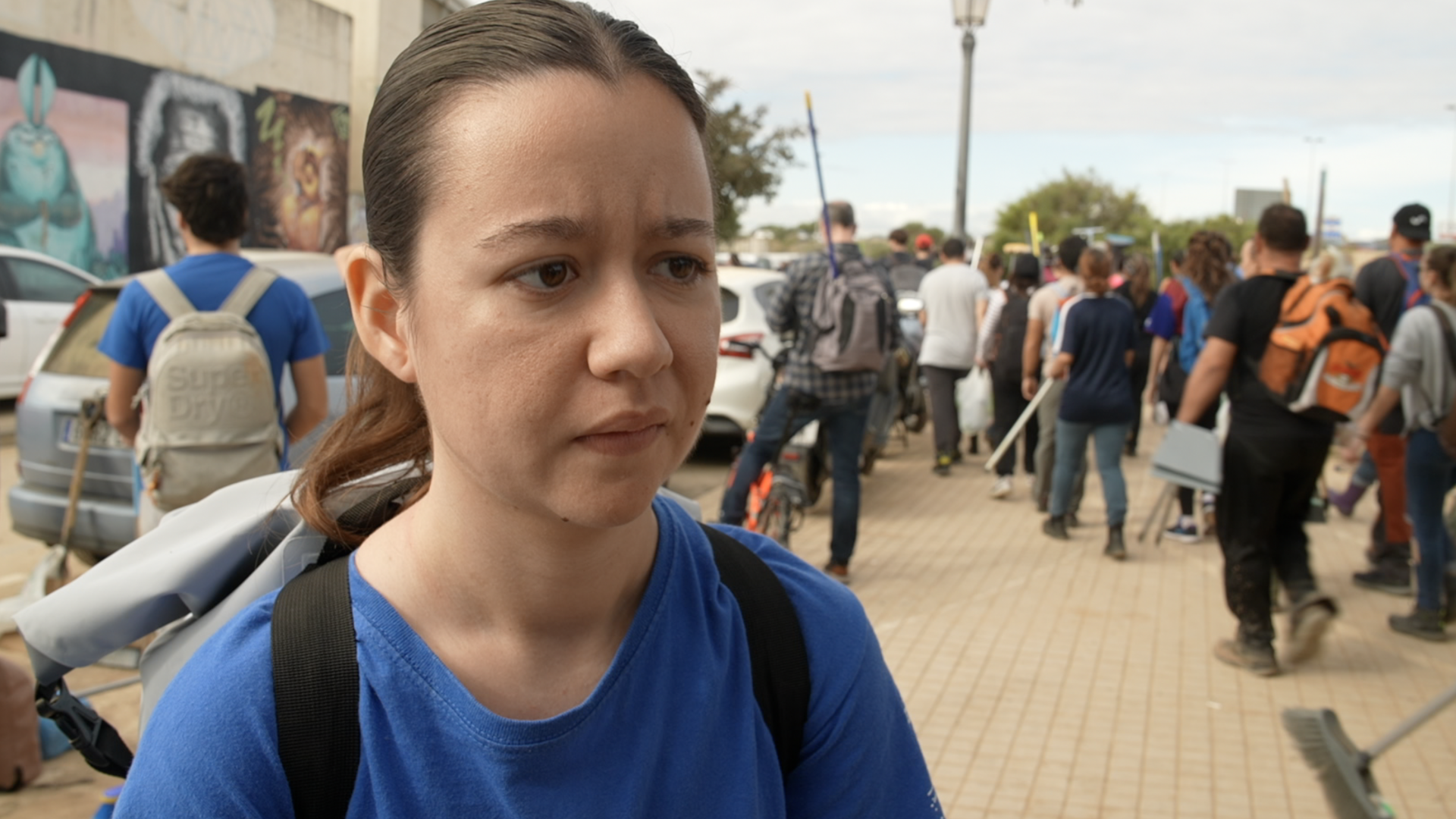
Amparo Esteve said she does not feel safe to return to her home because of looters
Amparo Esteve spoke to the BBC at a pedestrian bridge crossing the Turia river in Valencia.
She was preparing to walk to her town, Paiporta, as the roads remain closed and she wanted to help her neighbours.
Describing when flash floods struck, she said: “My neighbours told me to run as fast as I can.
“The waters were following me, really, really fast.
“I was at home for three days with no light, no water, no phones, nothing.
"I couldn't call my mum to tell her that I was okay. We didn't have food, or water to drink."
She too voiced anger with the authorities. "No one is helping us."
Amparo is now staying with her grandparents because she is too afraid to return because of looters.
The Valencian government said looting was increasing insecurity in the region and warned those who are guilty will be brought to justice.
Shop owner Emilia, 74, also said she felt abandoned as she reckons with the destruction in Picanya, a suburb of Valencia.
"We feel abandoned, there are many people who need help," she told Reuters news agency, adding people are throwing away many, if not all, of their household items.
"We can't even wash our clothes and we can't even have a shower."
In a televised statement, Spanish Prime Minister Pedro Sanchez announced an increase in security forces to help relief works.
Sanchez said he was deploying a further 5,000 more troops to help with the searches and the clean-up in addition to the 2,500 already deployed, calling it the biggest operation by the armed forces in Spain in peacetime.
A further deployment of 5,000 police officers and civil guards will also take place.
The government said 4,800 rescues had been made and 30,000 people helped.
But as well as their response, authorities have also come under fire over the adequacy of warning systems before the flood.
"I am aware the response is not enough, there are problems and severe shortages... towns buried by mud, desperate people searching for their relatives... we have to improve," Sanchez said.
Additional reporting by Bethany Bell in Valencia
Get in touch
Are you in Spain? If it's safe to do so, please share your experiences.
Related topics
- Published2 November 2024
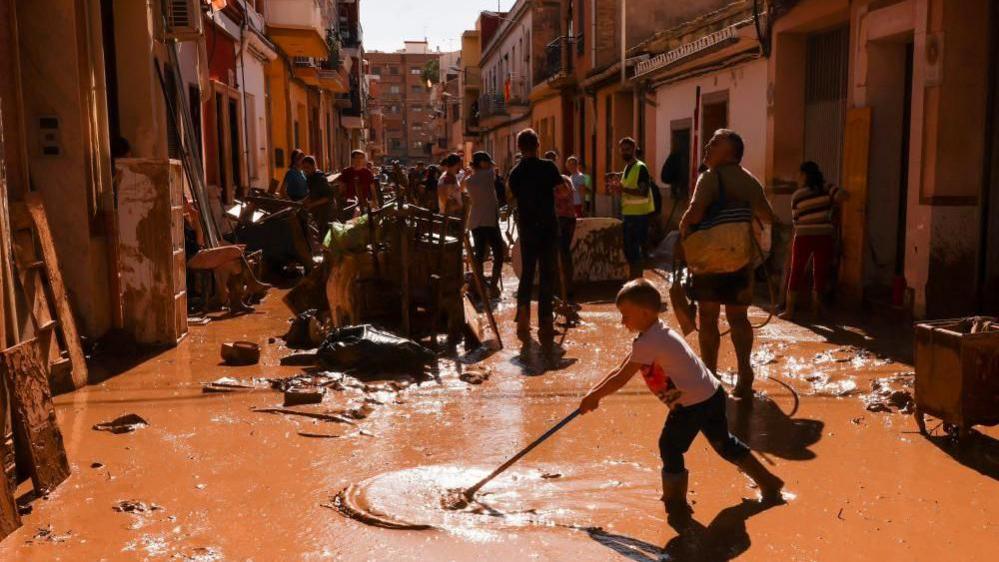
- Published1 November 2024
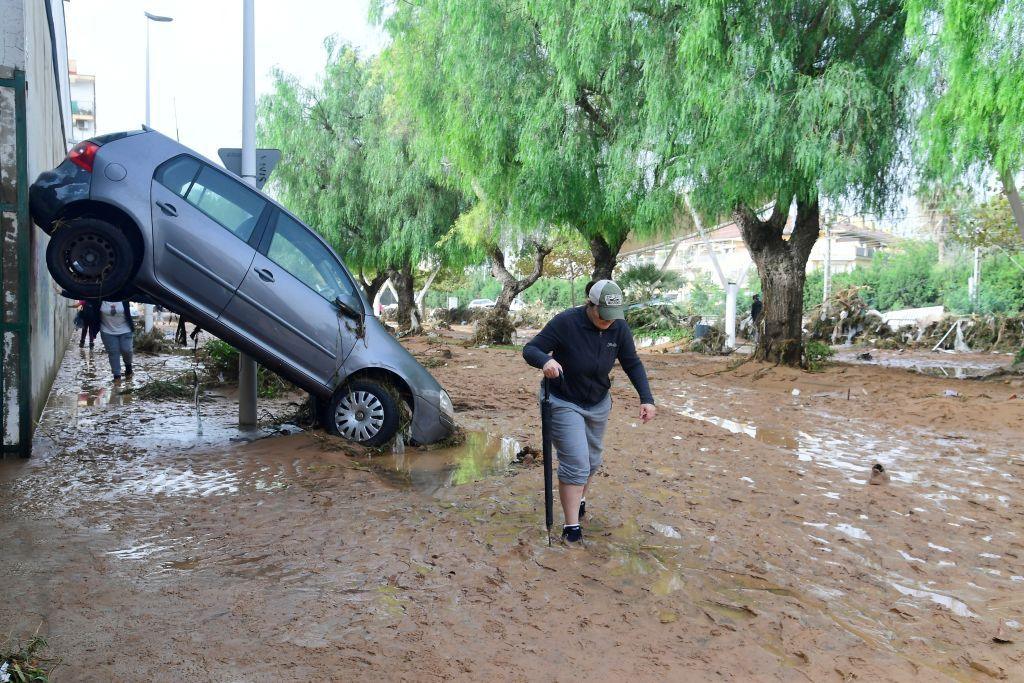
- Published1 November 2024
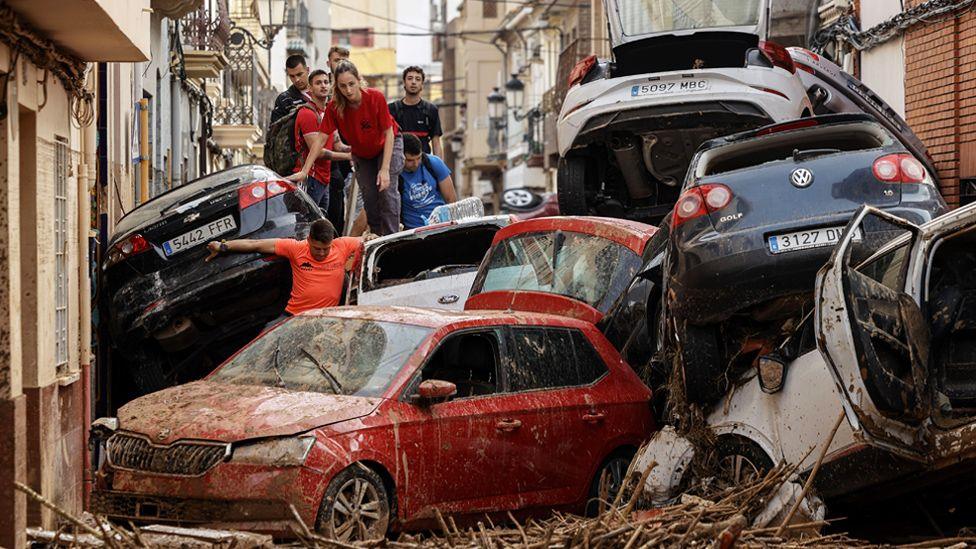
- Published30 October 2024
